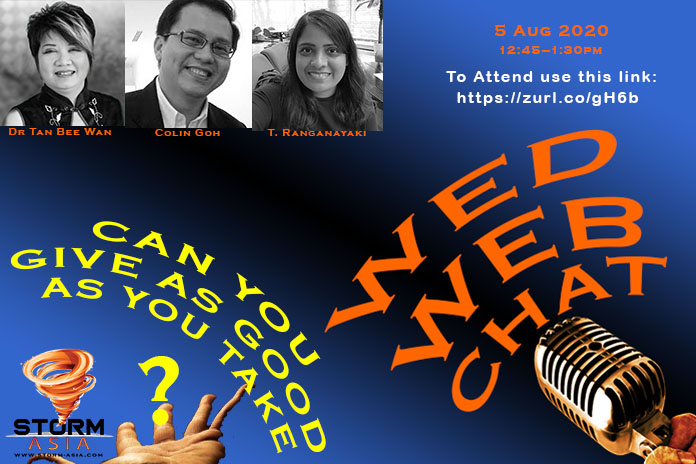
WHAT we buy or how we choose to shop is often a reflection of our values. It is a social phenomenon that has been discussed for hundreds and hundreds of years.
In his book, The Theory of the Leisure Class (1899), Thorstein Veblen suggested that the act of buying expensive things is a way of communicating to everyone else our social status. When buying luxury, branded goods, we are willing to pay much more than usual because of the cultural or social value that it holds compared to a similar item from a source of lesser renown.
But it also works the other way as well; sometimes we associate value to a steep price tag. Why else would you pay so much for some of these overpriced, gaudy fashion accessories?
But does this principle work in reverse?
ALSO WATCH: Where’s The Post-Pandemic Customer
Online shopping platforms like Amazon or Alibaba have wedged themselves as a staple in almost all of our lives in the past decade. And with the global pandemic this year and the subsequent lockdowns around the world, they have become almost vital to our daily lives. As retail stores offering food, clothing or cars find themselves forced to take up an online position to ride out the pandemic, and hope to emerge still in business afterwards.
In Singapore, online platforms like Shopee and Lazada are particularly popular as they offer extremely cheap items like earrings that cost less than a dollar, or clothes that are a fraction of what they sell for at normal stores like H&M or Zara. And while the quality of the item may not be as good as the established retailers, it doesn’t stop us (myself included) from chasing the kind of high that comes with getting a discount or a good deal.
I am not disregarding the importance of the role they play in our society. They make things more accessible to a wider range of people, while giving retailers who used to depend on in-person shopping or dining in, a fighting chance.
However, it does mean that we also see the things that we buy online as cheap, more disposable, and hence, more unimportant.
Disposable Cash For Spending
It exacerbates the effects of fast fashion, which gained a lot of momentum in the last 20 years. From a cycle of four seasonal productions, the trend shifted to weekly micro-seasons. The spike in demand brought along with it the disposable mindset, as well the negative aspects of forced and cheap labour, and environmental issues to feed this burgeoning demand.
This trend has caught on in other industries, with electronics like smartphones and computers coming up with new models every few weeks, catering to a wide swathe of society.
Online purchases tend to distort our sense of how many products we are buying or how much money we are spending. It is similar to the effect credit cards had on personal money management and the resulting rise in debt.
We have to balance saving money and the temporary excitement of getting good deals with being mindful of the side effects of fast fashion, which online shopping augments.
ALSO WATCH: Where Are The Jobs?
However, as the clamour for ethical consumption grows globally, there are positive signs that consumers want goods from companies demonstrating social and environmental responsibility. A 2017 Mastercard survey showed that Chinese consumers (75.2% of respondents) were most likely to buy products from ethical businesses, followed by Thailand (67.6%), Malaysia (65.7%) and Philippines (64.6%). What’s probably not so pleasant is that Singaporean shoppers were more interested in the end product rather than how it got to the shelves, with just 29% concerned about the origins of the goods.
It looks like we still have some work to do to become a less materialistic and a more caring society.
Maxine Avasadanond is a University College of London law student.
If you have a topic that is of interest, or have someone who would make a good panellist with a thought-provoking perspective on a subject, please email editor@storm-asia.com with your details and a short summary.






















